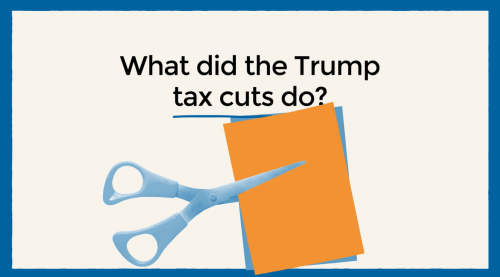Executive Summary
Problems that arise in the implementation process make it less likely that policy objectives will be achieved in many government programs. Implementation problems may also damage the morale and external reputations of the agencies in charge of implementation. Although many implementation problems occur repeatedly across programs and can be predicted in advance, legislators often pay little attention to them when programs are being enacted or overhauled.
This Issue Brief argues that the United States should adopt a program of Implementation Analysis for major legislative proposals in Congress. Implementation Analysis would be administered by the Government Accountability Office, and would draw on the Congressional Budget Office’s experience with budget scoring of legislative proposals. The Brief outlines major elements of an Implementation Analysis and argues that it could lead to major improvements in policy performance. Although Implementation Analysis would encounter both political and administrative obstacles, these obstacles are manageable. Implementation is critical to policy success in policy sectors ranging from homeland security to health care to welfare reform to climate change policy. The literature on policy implementation identifies a number of potential problems that may arise in the implementation process. Failure to anticipate implementation problems when a policy reform is being enacted may lead to failure to achieve programmatic objectives, excessive costs, and perhaps even a political backlash against the implementing organizations and policies.
Despite the high stakes in policy implementation, potential implementation problems in policy initiatives rarely receive sustained, systematic, detailed and visible attention before a decision is made on those initiatives. In part, this is because there is no simple and generally accepted methodology for performing such an analysis that falls within the skill set of a single profession and that can be reduced to a single indicator which policymakers can use (or misuse) easily. In part, as will be discussed below, it is because politicians supporting a program have few incentives to point out potential implementation problems during the legislative process. To address these problems, this issue brief lays out a set of common policy implementation problems that can be observed in a wide range of policy sectors, as well as a framework for organizing a systematic Implementation Analysis (IA) and a set of potential strategic responses to potential implementation problems identified by that analysis.
The most important advantage of employing a systematic framework for Implementation Analysis is the same as the advantage that Eugene Bardach argued in his classic discussion of a structured approach to policy analysis: “it reminds you of important tasks and choices that otherwise might slip your mind.” Even though Implementation Analysis does not provide a complete “cookie cutter” methodology for all types of proposals or a single quantitative indicator of a proposal’s feasibility, having a checklist of standards and concerns that can be applied when a policy proposal is being considered can highlight potential trouble-spots early in the policymaking process and improve government performance once an initiative has been enacted. Thus it can provide information that is useful not only in deciding whether to implement an initiative but also how to do so.




